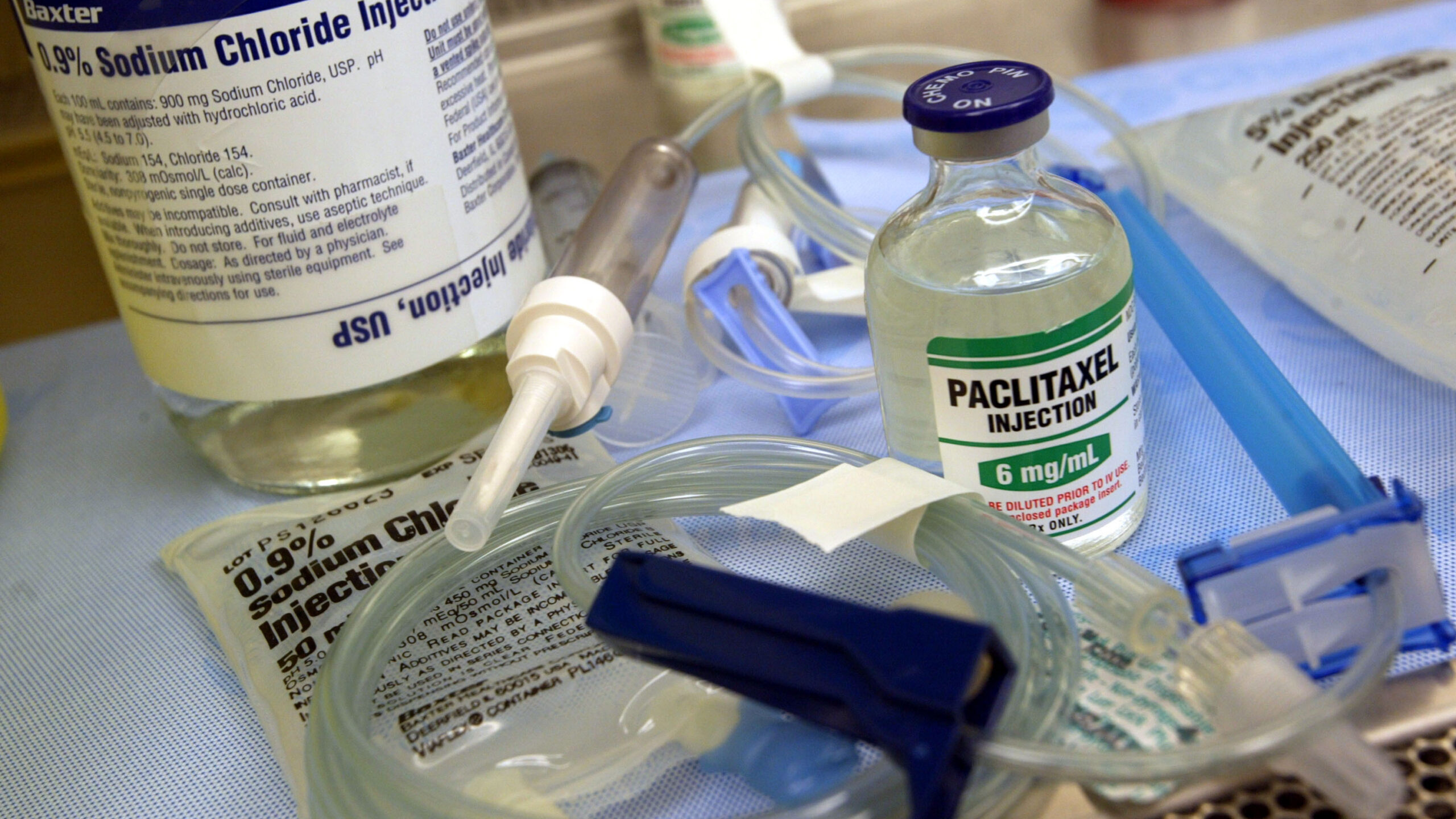Pharmaceutical company reps have been visiting doctors for decades to tell them about the latest drugs. But how does the practice affect patients? A group of economists tried to answer that question.
When drug company reps visit doctors, it usually includes lunch or dinner and a conversation about a new drug. These direct-to-physician marketing interactions are tracked as payments in a public database, and a new study shows the meetings work. That is, doctors prescribe about five percent more oncology drugs following a visit from a pharmaceutical representative, according to the new study published by the National Bureau of Economic Research this month.
But the researchers also found that the practice doesn’t make cancer patients live longer.
“It does not seem that this payment induces physicians to switch to drugs with a mortality benefit relative to the drug the patient would have gotten otherwise,” says study author Colleen Carey, an assistant professor of economics and public policy at Cornell University.



For the sake of argument, what percentage are aimed at improving quality of life (not extending someone’s life)? I assume most or all are intended as treatment, but I’m curious.